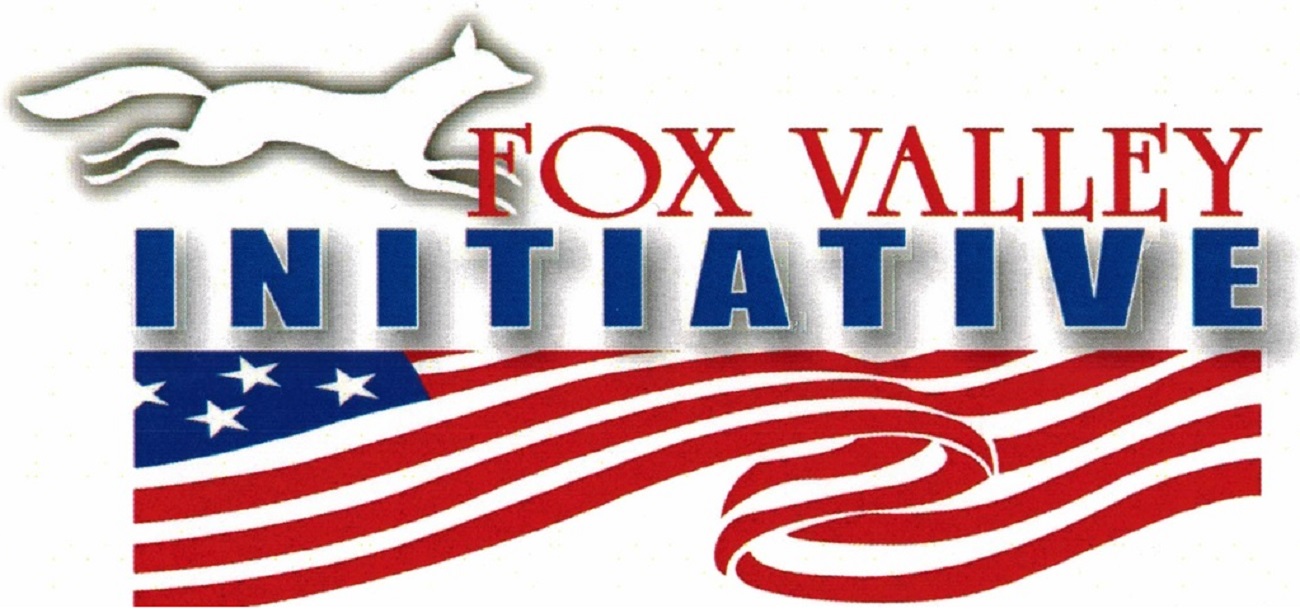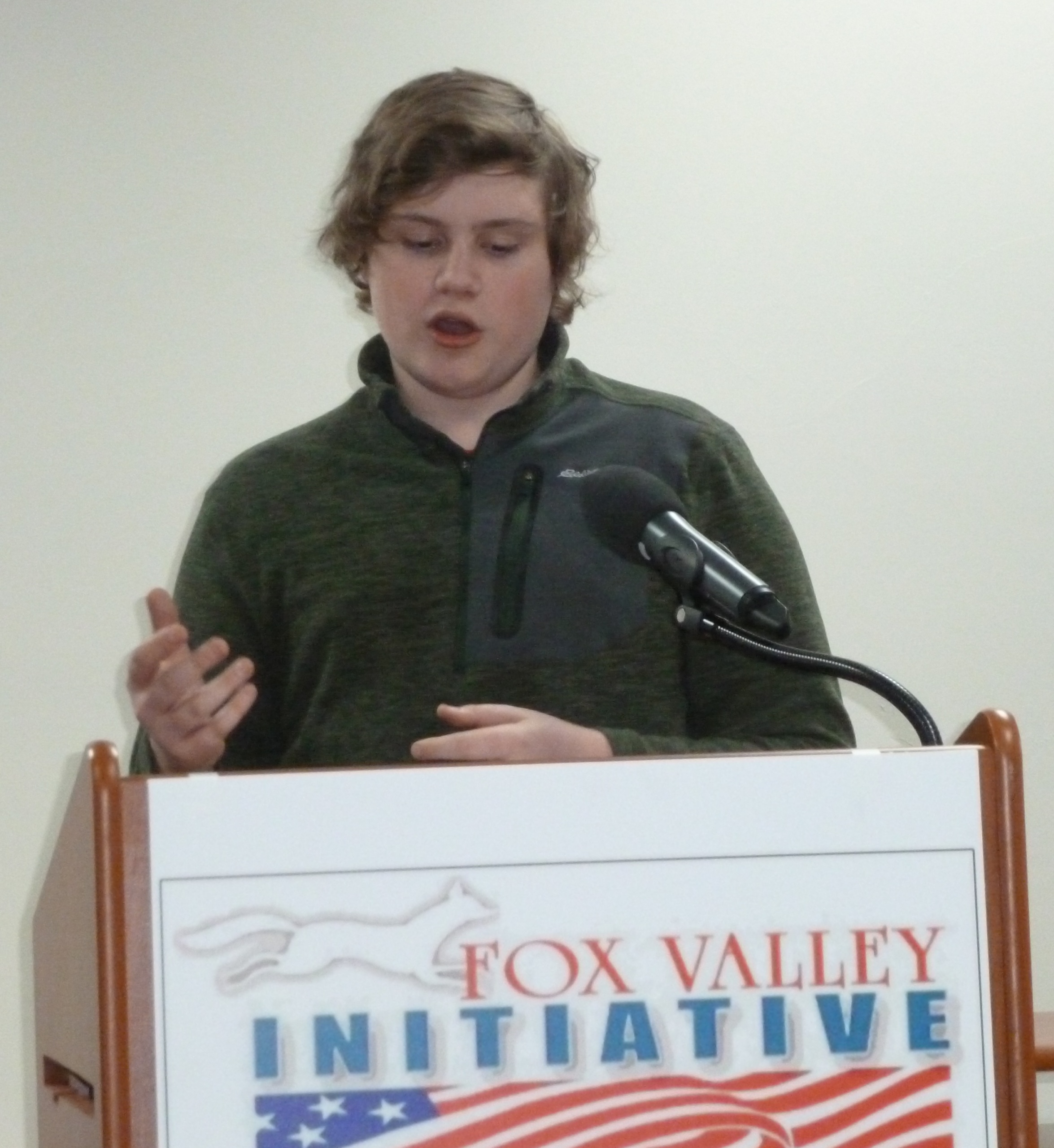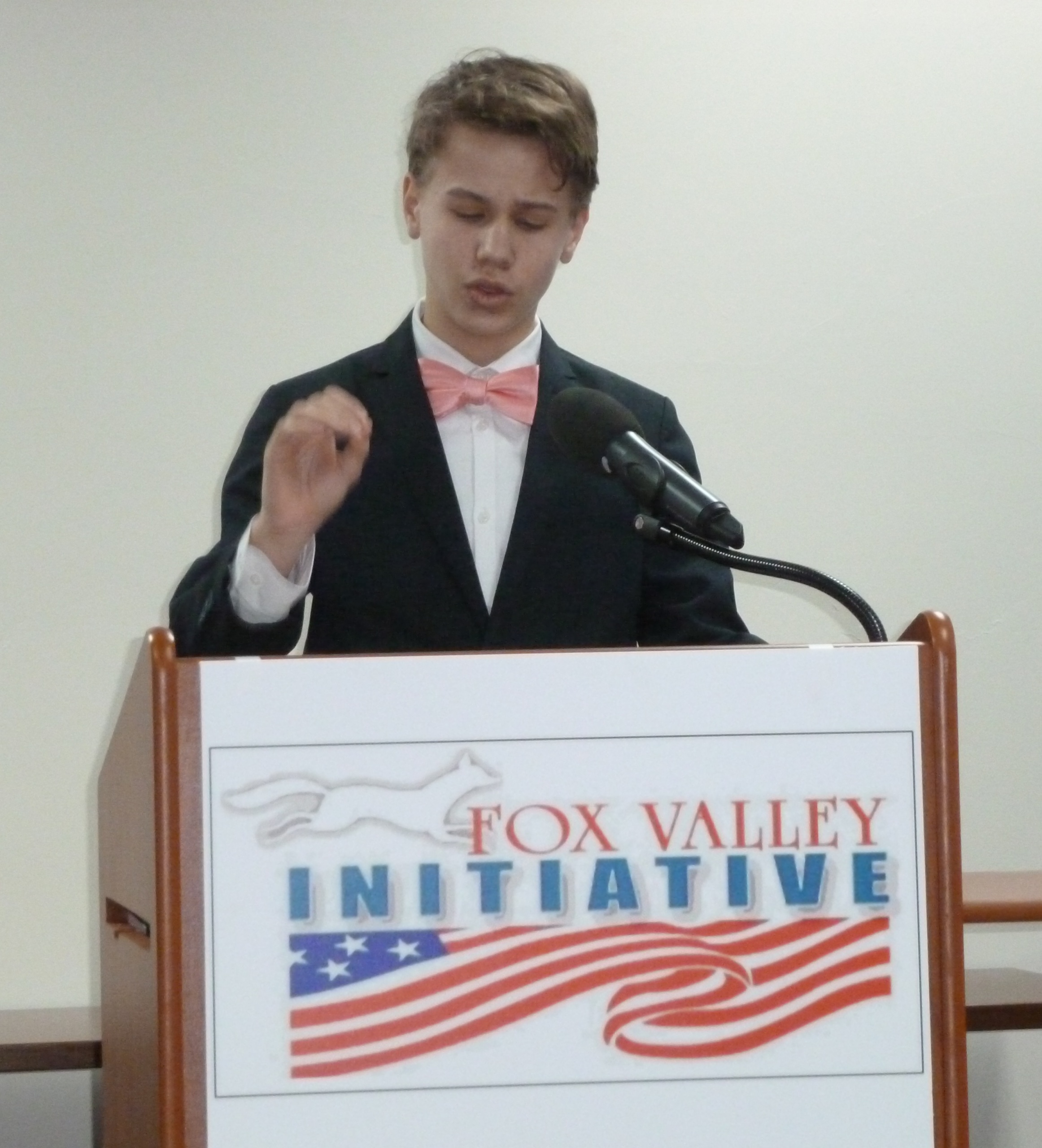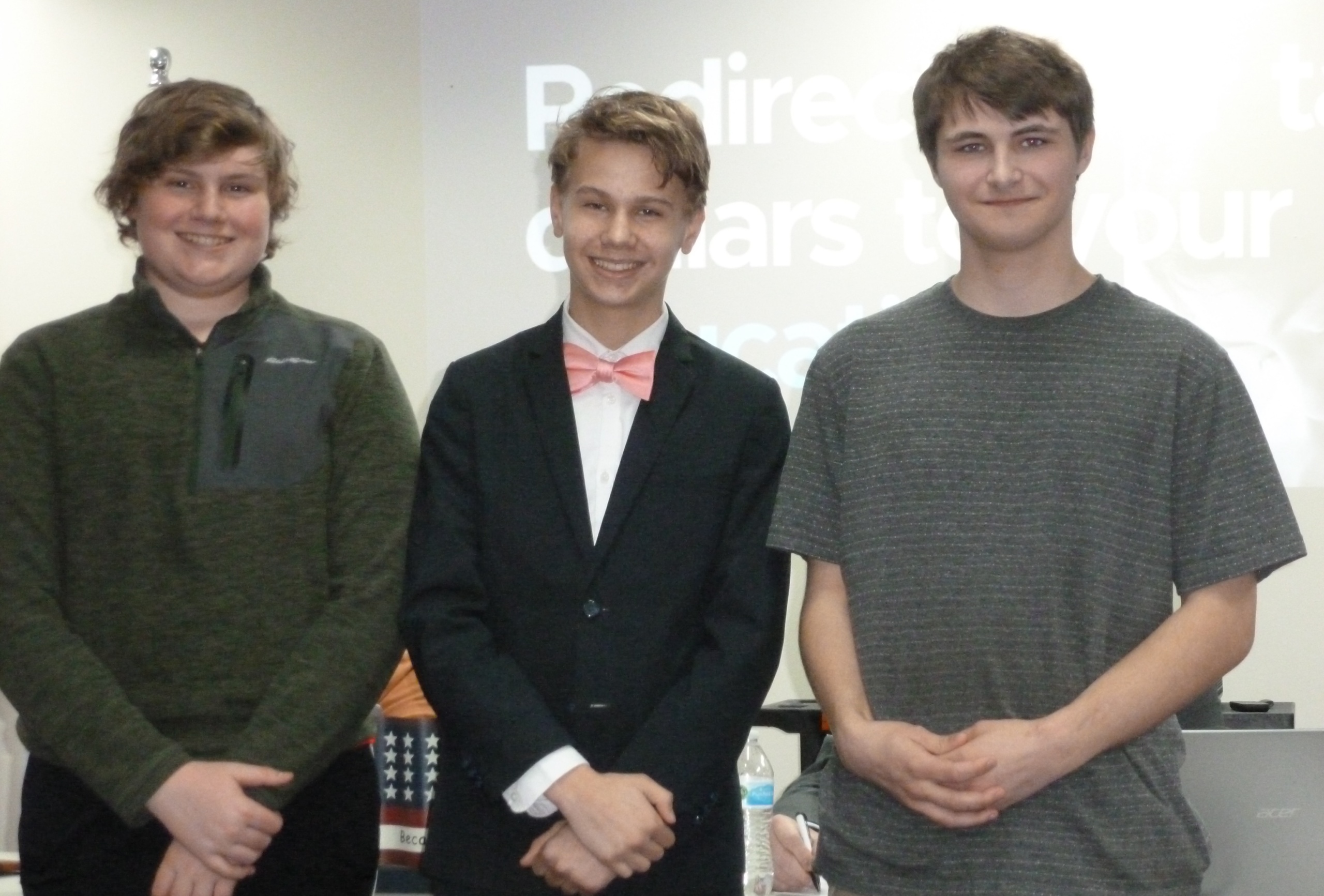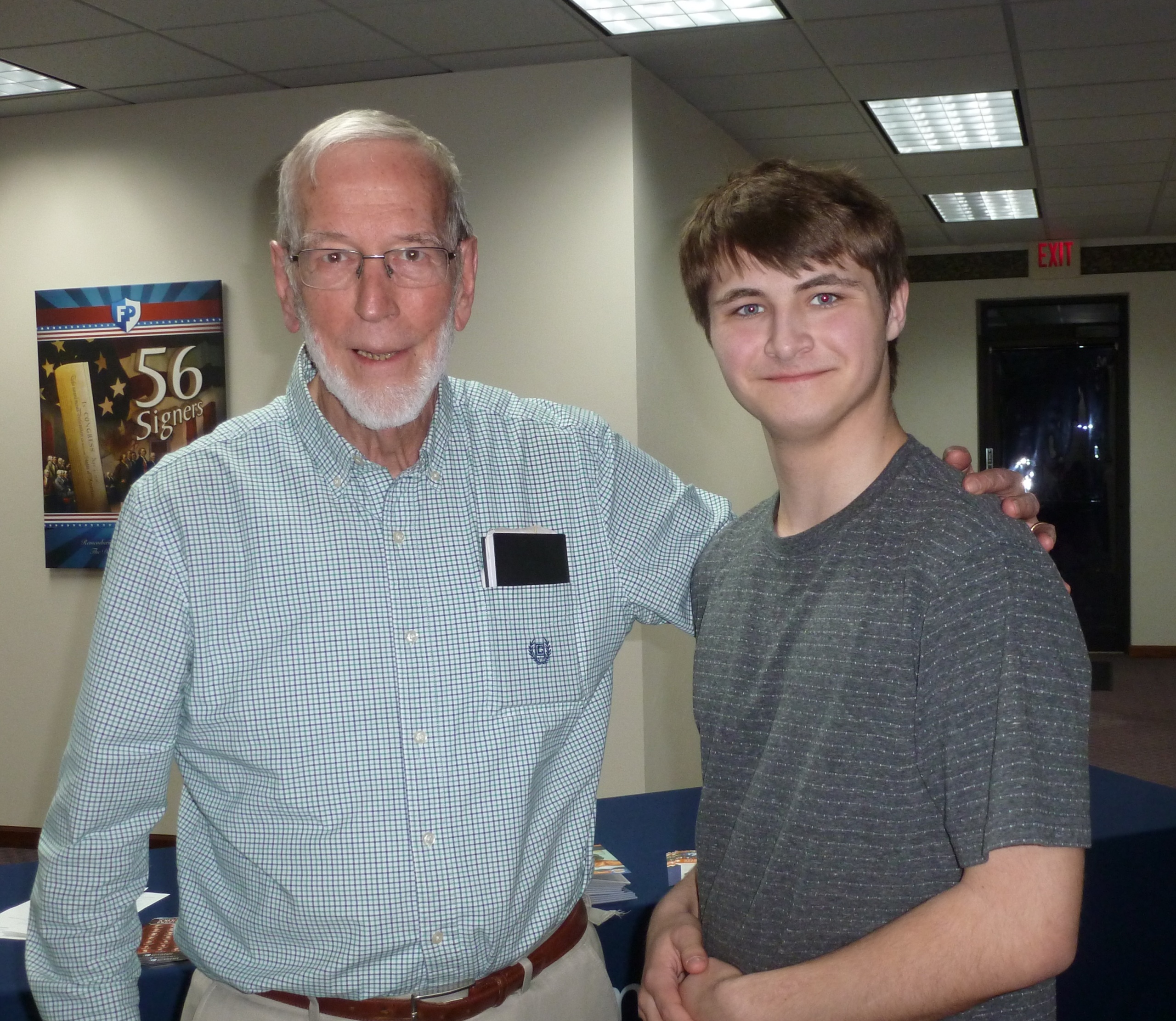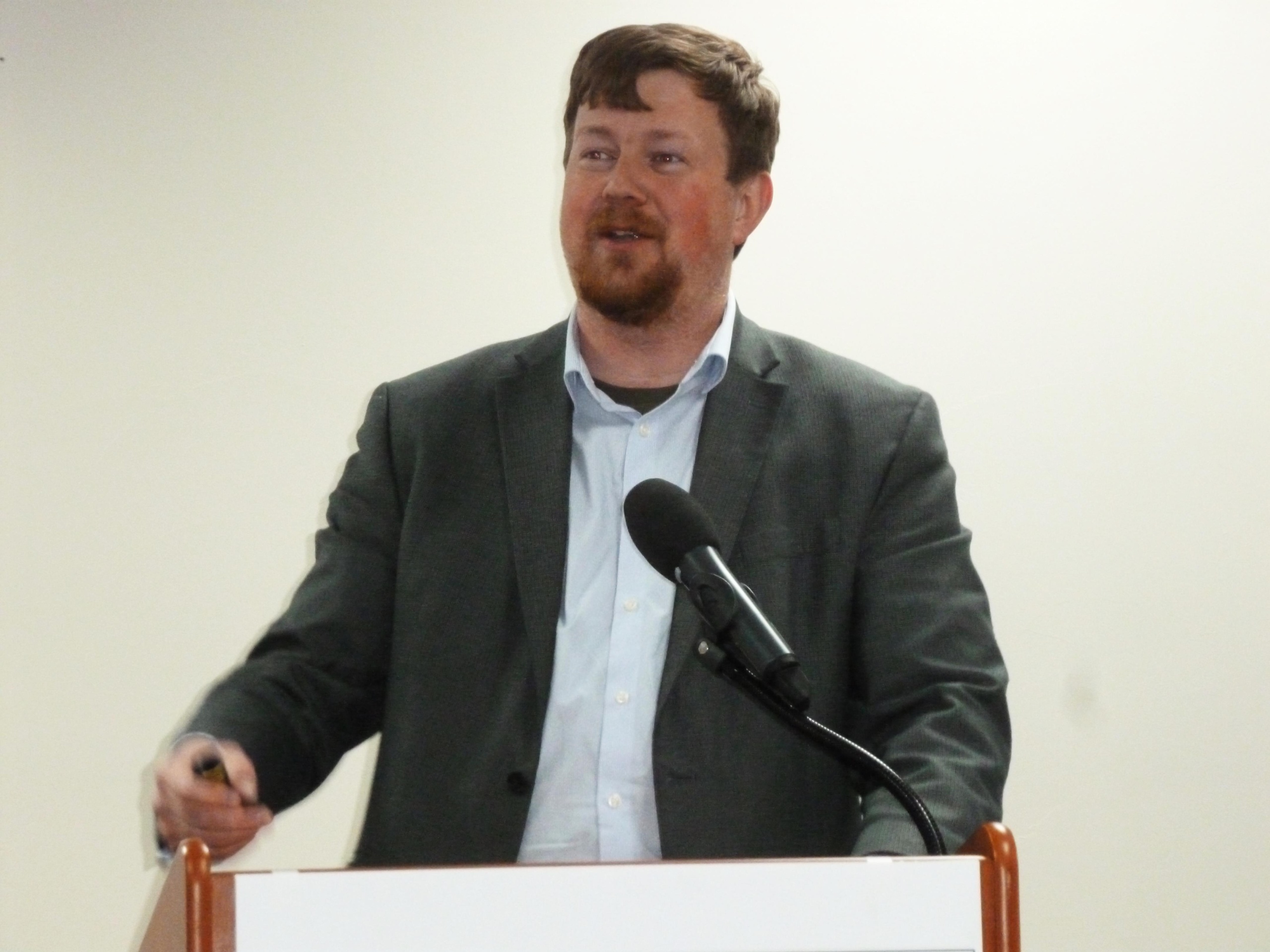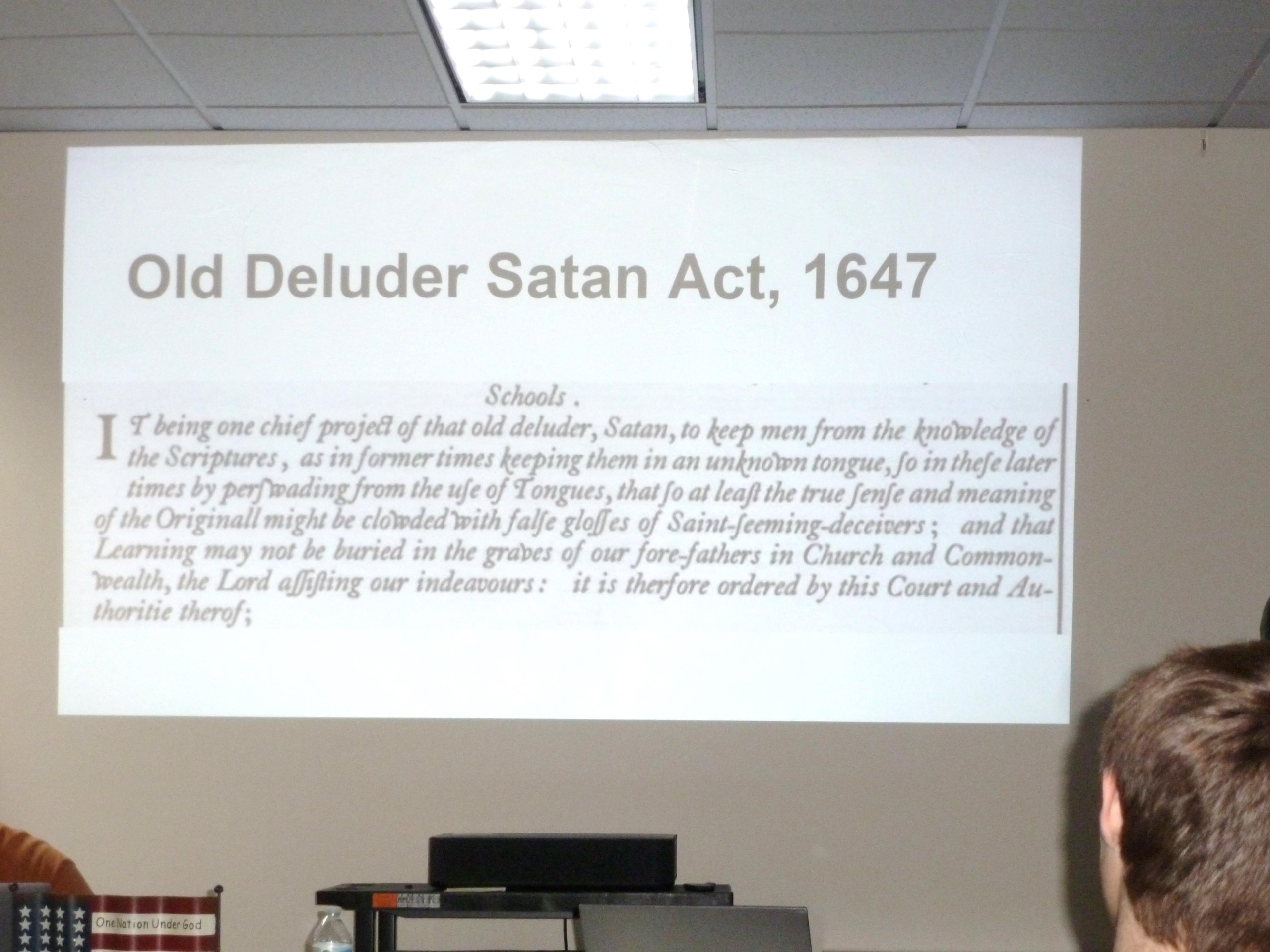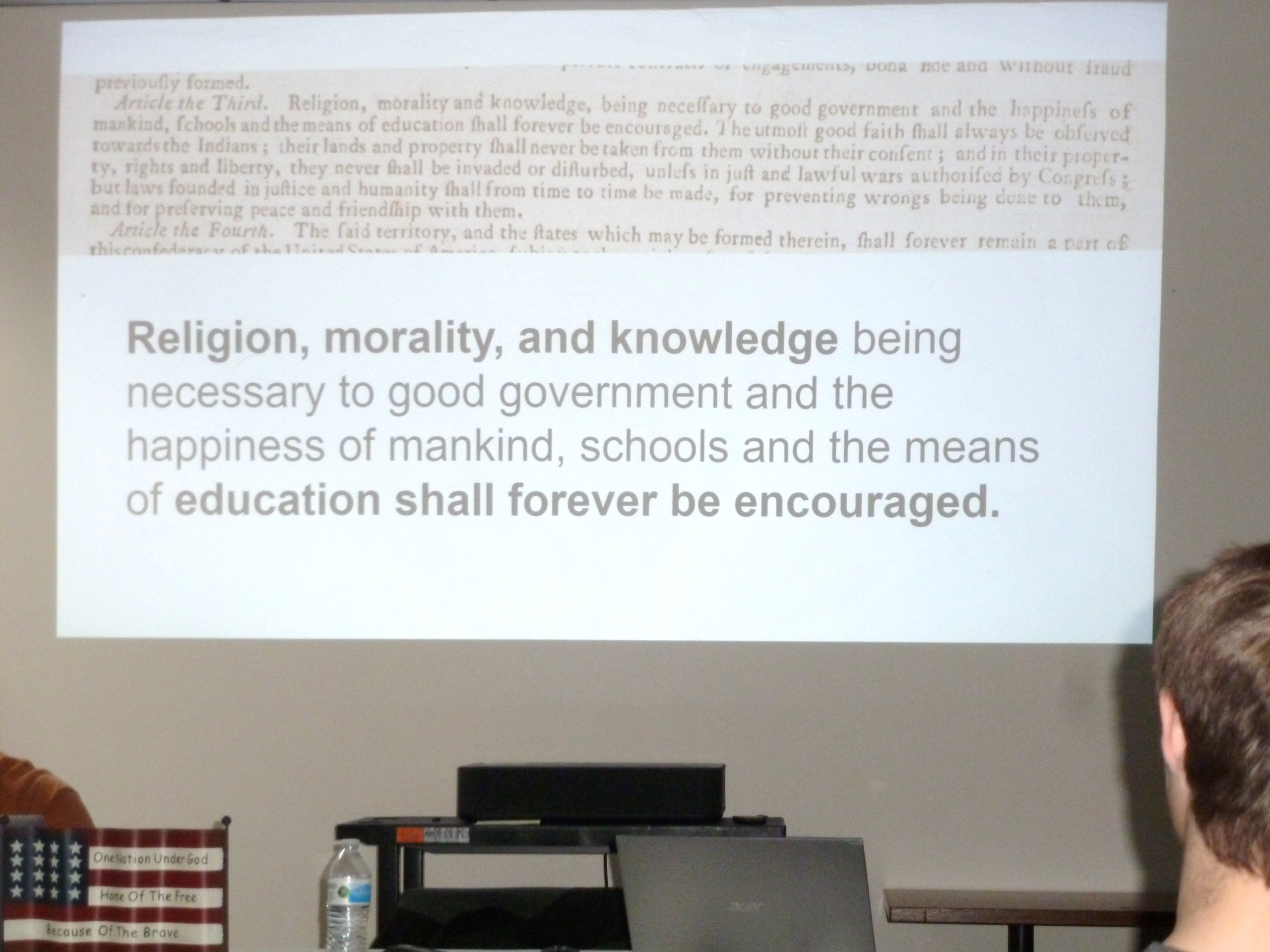Melchert was introduced by Duke Pesta, executive director of FreedomProject Academy.
He opened his presentation by identifying a long list of “problems in education,” including Critical Race Theory, Common Core math, academic underachievement, transgenderism and inappropriate sexuality in schools, etc. He rattled off potential solutions – “back to the basics,” for example – but found them lacking.
He then offered a thorough history of education in the United States and Wisconsin. In 1889, Wisconsin passed the Bennett Law, which compelled students to attend public schools and mandated English-language-only education. Melchert noted that a year later, in 1890, Wisconsin was the first state in the nation to ban the Bible from public schools. On a more positive note, a 1971 lawsuit – Wisconsin v. Yoder – reached the U.S. Supreme Court and was the first to conclude that “individual's interests in the free exercise of religion under the First Amendment outweighed the State's interests in compelling school attendance beyond the eighth grade.”
Also reflecting well on Wisconsin, the Milwaukee Parental Choice (voucher) Program (MPCP), adopted in 1990, was the first of its kind nationwide. Today roughly 30,000 students in Milwaukee (3 of every 10) attend a school of their parents’ choice using the voucher program.
Melchert contrasted Wisconsin’s four voucher programs – the MPCP, Racine Parental Choice Program, Wisconsin Parental Choice Program, and Special Needs Scholarship Program – with the school choice programs in other states, including Arizona’s Education Savings Account (ESA) program. According to the Goldwater Institute, the Arizona program “gives families a portion of the funding taxpayers would otherwise spend on their child in a public school to instead use for tutoring, private school tuition, at-home curricula, special needs therapies, and more.” Melchert pointed to misuse of funds, increasing school bureaucracy, and state control over curriculum as major pitfalls currently facing ESA programs. During Q&A, he predicted the “next wave of regulation” of school choice programs would be tighter regulation of ESAs, including stricter limits on what purchases qualify for reimbursement under the program.
Melchert concluded by focusing on the Academy of Excellence (AoE), which he described as a “tuition-free, accredited, K–12, private, Christian, online academy.” He noted a Christian education offers a Biblical worldview, saying “parents are not the owners of their children; they are the investment managers for God.” He said a Christian education should offer a Biblically integrated curriculum and explained “a Christian school should be giving you purpose.”
Discussing the accreditation aspect, Melchert contrasted Wisconsin and Illinois (which does not have a publicly funded school choice program but does allow private scholarship programs):
- In Wisconsin, private accreditation qualifies a school for public funding. Wisconsin monitors its choice schools through private accreditation rather than government regulation. A Christian school can choose from one of many private accrediting operations to find one that aligns with the school’s values.
- In Illinois, public (i.e., government) accredititation is required for a school to be eligible for private funds (through “scholarship-granting organizations”).
Melchert said AoE has approximately 750 students enrolled in its brick-and-mortar school, and another 1,000 in the online program. According to its website, the online program “is an accredited private online Christian academy in Wisconsin, that combines the support and accountability of a private school with the flexibility of learning from home, in a Christ-centered education, at no cost to the parents.” He encouraged parents and grandparents in attendance to consider a Christian education for their students and emphasized how AoE online offers students teaching with a Biblical worldview, critical thinking, academic rigor, and technology resources.
The audience peppered him with questions during Q&A, among them:
- I’m barely over the income limit for the Wisconsin Parental Choice Program. Can you suggest any strategies that would allow me to participate? While Melchert responded mostly by suggesting the parent “talk to his state legislator” about raising the income limit, the audience had other suggestions.
- With a change in the state Supreme Court, will the choice programs survive? Melchert reiterated that 30,000 Milwaukee students are currently enrolled in private schools under the choice program; “where would they go” if the choice program is eliminated?
- With a universal (wide open) school choice program, don’t you risk parents choosing radical, leftist, secular schools? Melchert responded “that’s choice,” and there are already schools participating in the program that don’t teach from the Biblical worldview we would like to see taught. The whole point of choice is to allow parents to choose schools that align with their values and what they want for their students.
- Shouldn’t homeschooling families avoid participating in government programs? Won’t there be government strings attached? Melchert and other audience members noted not all families can afford to “go it alone,” and also that the state could regulate homeschooling families at any time even without government funding. Wisconsin is one of the best (least-regulated) states in the country for homeschooling families, but refusing to take government money doesn’t guarantee it will remain that way.
- Where do I go to learn more about starting a school or participating in the state’s choice programs? Melchert recommended School Choice Wisconsin and also FreedomProject Academy.
